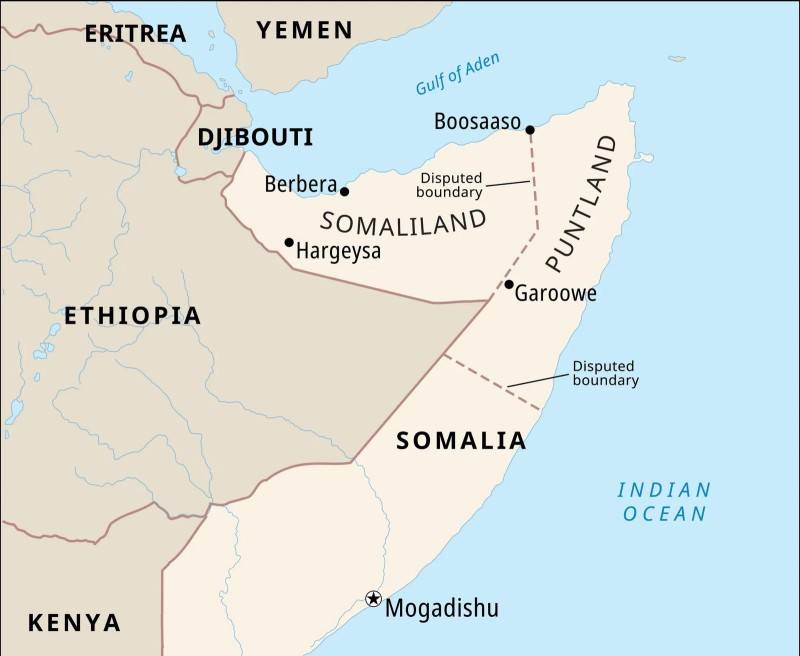Yemen speeds up coronavirus awareness drive as vital aid arrives


Yemen’s government has asked governors to join hands with local NGOs, charities and medical colleges and institutes to spread awareness about coronavirus as vital aid began trickling into the country, Yemen’s deputy prime minister said on Saturday.
Salem Al-Khanbashi, who is also the head of government-led emergency committee dealing with the pandemic, said that his government has authorized governors of the Yemeni provinces to take measures to boost people’s awareness about the virus as his government distributes health supplies to health facilities in the provinces liberated from the Iranian-backed Houthi militia.
“They (governors) can also take further decisions such as banning large gatherings. But since the country has not recorded any (coronavirus) cases, we focus our efforts on awareness and preparing health centers,” Al-Khanbashi said.
On Saturday, the committee extended the date for school closures to March 29, but did not approve taking more aggressive measures such as imposing curfews in cities.
Yemen has already stopped flights in and out the country, shut down land crossings and intensified screening measures at seaports that are still open for shipments. Al-Khanbashi said that the country has received vital aid from the World Health Organization (WHO) including medical equipment, test kits, hazmat suits, masks and gloves.
The Yemeni government has also reiterated its commitment to transfer salaries of health workers in the Houthi-controlled northern Yemen, but not before receiving guarantees from the international community and the UN envoy to Yemen that the Houthis would not confiscate the money.
“Why would we transfer salaries to Sanaa if the Houthis are going to confiscate them?” Al-Khanbashi asked.
Condemnation
Yemen’s government has urged the UN, rights organizations and the international community to pressure Houthis to allow thousands of stranded travelers to return to homes inside the rebel-controlled areas in northern Yemen, saying that Houthi quarantines in Baydha and Dhalae are breeding grounds for diseases. “For those under the Houthi quarantine, Houthis did not provide any masks, gloves or sanitizers; and they kept them cramped together with a severe shortage of both food and water,” the Yemen embassy to the US said on Twitter.
At the same time, the UN Special Envoy for Yemen Martin Griffiths has urged the internationally recognized Yemeni government and the Houthis to accelerate the prisoner swap process before the spread of the disease in Yemen.
“Risks posed by COVID-19 make even more urgent the need to release all conflict-related prisoners, as per the parties’ obligations under the Prisoner Exchange Agreement. The parties must take all measures to expedite these releases and allow people to return home safely,” Griffiths said on Twitter on Friday.
In Aden, the government said in a statement on Saturday that it is committed to the UN call for the immediate and complete release of prisoners.

The Arab League, the Muslim World League, and several Arab and Islamic countries have called for an immediate halt to military escalation in Yemen,…

Hargeisa -- In the first international recognition since it declared independence from Somalia in 1991, Israeli Prime Minister Benjamin Netanyahu a…

In his first Christmas address titled Urbi et Orbi, Pope Leo XIV called on the world to embrace responsibility as the surest path to achieving peac…